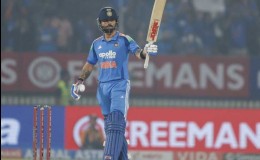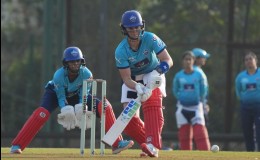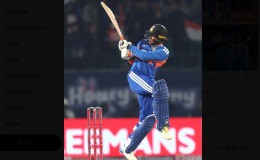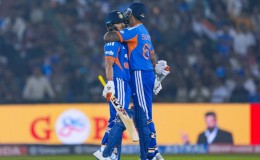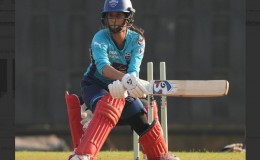"The technology genie has been let out of the bottle and it's not going to go back in,” says former Test umpire Simon Taufel. He believes that every piece of technology brings out the best and worst of the game and what people are seeing in on going Ashes 2013 series is another example of it. Apart from that, his focus was on how ICC was feeling the heat of not having many umpires from other cricketing nations. England and Australia between them provide eight members of the International Cricket Council's 12-strong panel of elite umpires.
That means only four men- Pakistan's Aleem Dar, Sri Lanka's Kumar Dharmasena, South Africa's Marais Erasmus and New Zealand's Tony Hill -- are currently eligible to officiate in the Ashes. He was quoted by The Times of India saying, "Highlights one significant challenge -- that of succession planning are quite visible in the on-going Ashes series. The neutrality guidelines mean that eight of the 12 Elite Panel umpires are not eligible to officiate (in the Ashes).”
"We have a real need to encourage and support the other Test playing countries to invest more resources in this area. This representation trend by two countries needs more competition from the others,” he said.
ICC's umpire training and performance manager, added, "Umpiring is everyone's business, everyone seems to have an opinion on it but we need to alter the mindset and have all the countries investing more in the future of match officiating."
DRS had become a hot topic after few of the erratic decisions that were made during the first couple of Test matches in the Ashes 2013 series. On the issue whether using DRS should be in the hands of players or umpires, he remained unbiased and the reports published in DNA quoted him saying, "The technology genie has been let out of the bottle and it's not going to go back in. I would simply advocate that we look at ways to be as pragmatic as possible so we can get more correct decisions and deliver more justice."
Taufel said, "We should be asking 'are we using technology in the best way to serve the players, supporters, umpires and values of our game?'”
"No matter what system of technology review/referral we implement in our game, it will not be perfect or 100 percent. There are trade-offs and compromises with every system adopted. Everyone umpires the game by watching television. The invasive nature of this broadcasting has a double edge to it - it does put more pressure on players and umpires.”
"Not too much now happens on a cricket field that is not captured by a camera, a microphone or piece of technology. This has the ability to bring out the best in the game and also the worst," he concluded.



